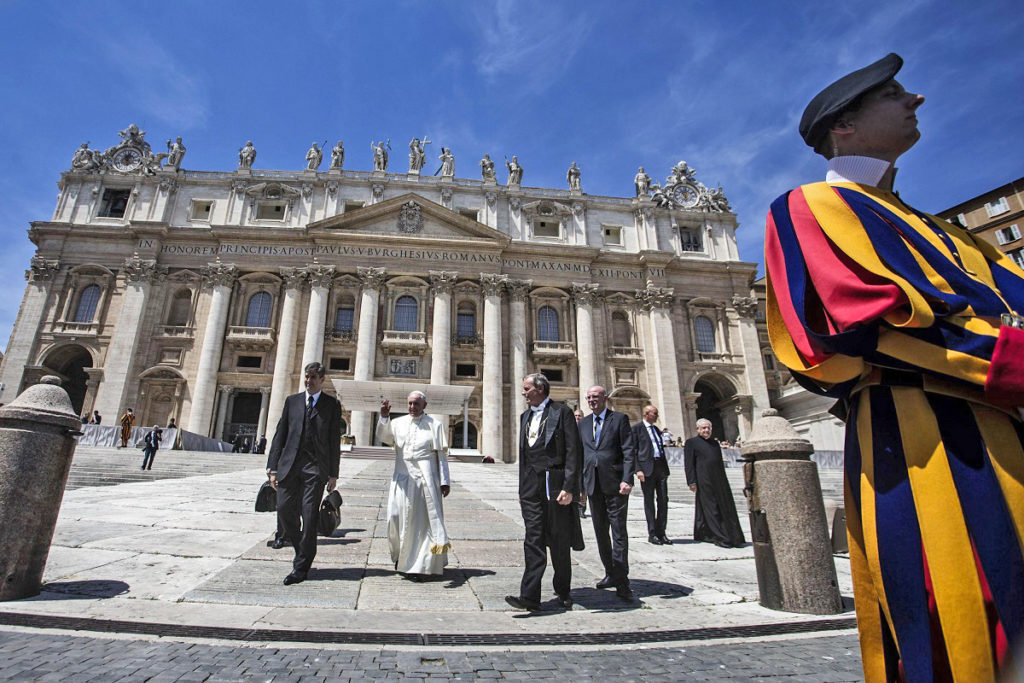MEDIA RELEASES
Statement: AIJAC disappointed at Vatican recognition of Palestinian state
May 15, 2015

MEDIA STATEMENT
The Australia/Israel & Jewish Affairs Council (AIJAC) is disappointed at the Vatican’s latest move to formally recognise a Palestinian state. Since the 2012 UN resolution accepting Palestine as a non-member observer state, the Vatican has been referring to the state of Palestine, but this treaty goes further by formalising this recognition for the first time. Sadly, this will do nothing to advance peace nor assist Middle Eastern Christians persecuted by Islamists across the region.
While we don’t question Pope Francis’ genuine desire for a just and lasting peace in the Middle East, nor that this decision was made in good faith, premature recognition of the non-existent Palestinian state can only be inimical to the cause of peace. It discourages, rather than encourages, the only way to a true and lasting peace between Israel and the Palestinians, a bilateral negotiated outcome where both sides make difficult compromises. Yet the Palestinian Authority (PA) was offered a state on generous terms in 2000, 2001 and 2008 and each time either refused or walked away, because it was not prepared to accept the necessary compromises, including that a Palestinian state would mean the end of all further claims against Israel.
More recently, the PA has refused even to genuinely engage in negotiations, preferring instead to pursue an international strategy that, it hopes, will result in a Palestinian state without the need to recognise the legitimacy of a Jewish state alongside it.
Thus, premature recognition of a Palestinian state, which in any event lacks the prerequisites for statehood, is simply counter-productive as it emboldens the PA to pursue this destructive course.
True friends of the Palestinians should be taking steps encouraging them to resume negotiations in good faith, rather than avoid them.
Mark Leibler AC
National Chairman
Dr Colin Rubenstein AM
Executive Director
Tags: Interfaith Dialogue





